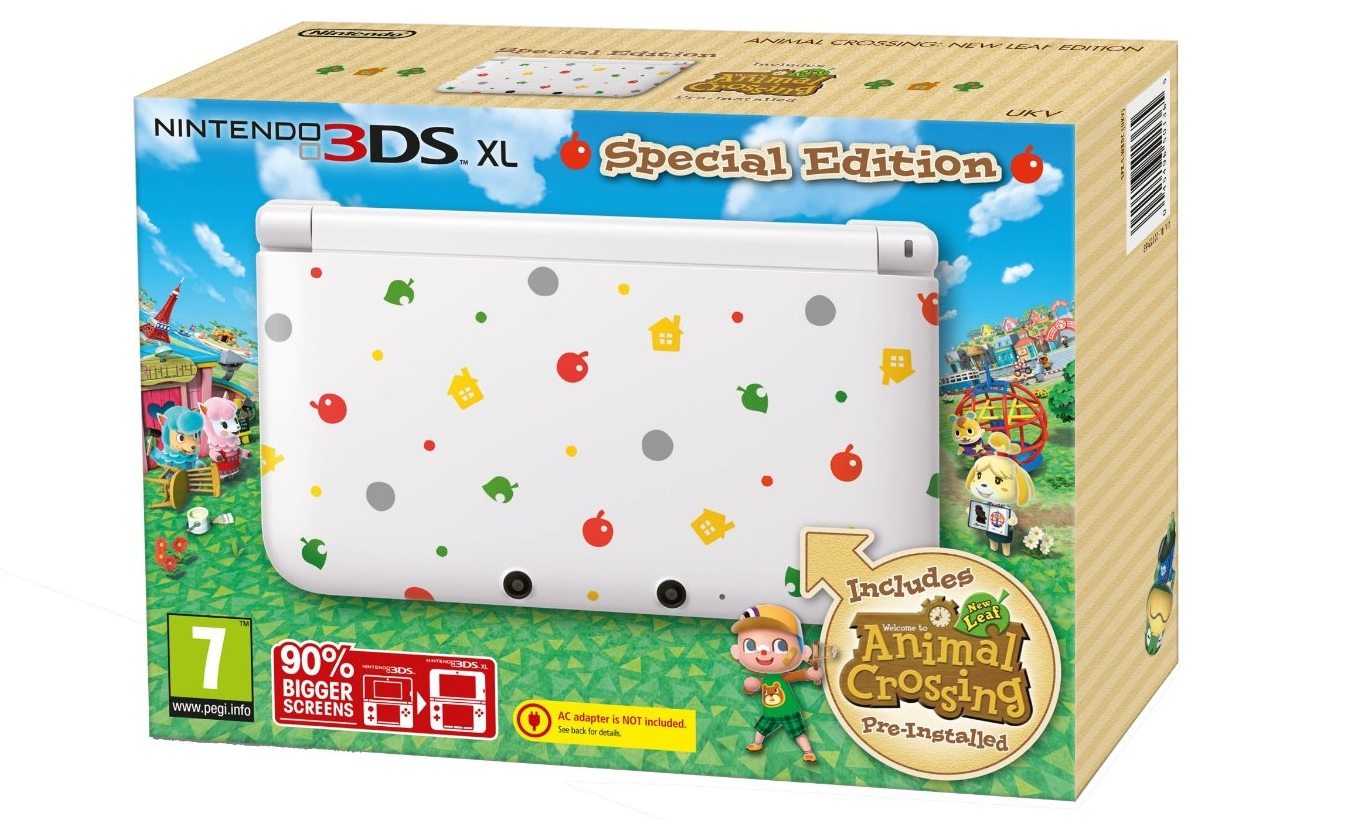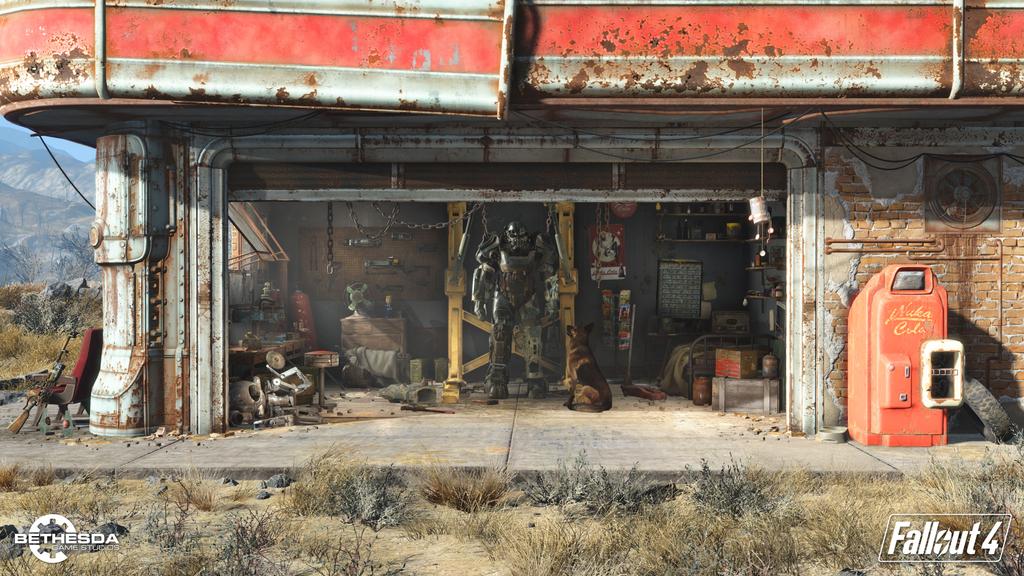
There are many treatments for PTSD in modern psychology. These treatments usually consist of pharmaceutical aids to various forms of therapy. Less commonly, PTSD is treated with Transcranial Magnetic Stimulation, acupuncture, or even hallucinogenics. These treatments have two things in common; they all work for some or all people with PTSD, and they all cost a lot of money. For me, though, an effective treatment has been playing Skyrim. Yes, playing a game has helped me treat some aspects of my PTSD.
Disclaimer: I am no doctor, nor am I a clinician. I’m a patient sharing my own experience. Always consult your care team before beginning a new form of therapy as part of your recovery plan.
Video Games and Medical Science
Treating symptoms of chronic illness with video games isn’t all that novel, actually. Headstuff covered the concept in April, and Medscape covered it back in November of 2013. Medscape’s article refers to Molecular Psychiatry‘s article “Playing Super Mario induces structural brain plasticity: gray matter changes resulting from training with a commercial video game.” Through these publications, we can see that there are years of research backing the idea of therapeutic gaming.
Of course, there’s also the risk of Gaming Disorder, a type of addiction involving playing video games to the extent that it interferes with activities of daily living. This is a serious risk for anyone who plays games to escape daily stresses, since gaming gives you a break from those stresses. Just as with drinking or drug use, escapism is addictive and must be used in moderation to prevent addiction.
My Experience With PTSD

For me, I treat my PTSD with games like Skyrim. It helps me choose a fight-or-flight environment which is controlled and safe, but still engages the limbic system. I get the adrenaline rush from fighting for my “life” and the serotonin and dopamine dump from succeeding at challenging tasks. This takes my anxiety/fear/flashbacks and puts them through their paces, effectively hitting a reset button.
On the flip side, it’s exhausting and “unproductive.” I get nothing done while I’m playing, of course, but it sometimes wears me out more, which keeps me from doing other things once I’ve calmed down. Sometimes, I have to remind myself that not playing leaves me in a state in which I’m unproductive anyway, so it’s a bit of a catch 22. I just have to remember to not overuse “playtime,” lest I rely on it too much.
Specific Examples
Anger

When my anger builds up, I need somewhere to let it out. This is usually based on flashbacks of me being physically, mentally, and emotionally abused as a kid. I feel powerless and weak, which makes me angry. I take that into Skyrim and put myself into scenarios of unbalanced power. Namely, I go to Solitude, save my game, and attack guards. In Solitude, they’re the authority, so they’ve got the power. I can take that away by basically slaughtering hordes of them. Solitude is one of the few places where you can fight up to a dozen “monsters” at a time, because the guards will just keep spawning.
Sadness/Loneliness

When I am sad or lonely, I work on building relationships in-game. Whether this is procuring a spouse, adopting children, or becoming the thane of a new city, there are lots of options for building connection. By doing this in Skyrim, I can avoid the stress of dealing with real people, which is usually unproductive in the middle of flashbacks. Usually, I focus on “essential” NPCs, those who cannot die because they are related to quests or are trainers. When I’m feeling lonely, I don’t want to have my spouse or follower killed. It’s absolutely counter-productive.
Fear/Anxiety

When I’m afraid or anxious, my fight/flight/freeze response kicks in, just like everyone else. Unfortunately, my fight/flight/freeze response is maladaptive, so I need tools to take myself out of that frame of mind. Skyrim works for this because I can enter situations that are dangerous and/or scary, and then fight my way out. I usually engage mammoths and giants because they award grand and great souls, respectively. Farming high-level soul gems gives the encounter a purpose, while the encounter itself is challenging enough that I cannot dwell inside my head. I have to plan my attacks carefully, and hyper-focus on the targets, or I’ll be one-shot by a club or gored through right away.
Depression/Apathy

When I’m depressed or apathetic, I log into Skyrim and complete quests. Usually, the satisfaction of completing minor tasks gives me the small doses of dopamine that I need to re-engage with the world. I find myself completing larger and larger tasks before I finally log out and return to real-world tasks. Those small doses of endorphins, dopamine, serotonin, and oxytocin build small bursts of happiness (after all, they are the “happiness chemicals”). These small boosts might seem entirely insignificant compared to larger accomplishments like doing chores or going out of the house, but the effects on my brain are very real and can fundamentally change my functionality for that day. Completing small meaningless tasks in a pleasant environment is, at its core, a path to productivity that I have built inside my brain.
While there is no single solution for PTSD, much less a treatment that works for everyone, I hope this post has inspired you to seek new forms of treatment if/when your regular treatment plan doesn’t help. Skyrim isn’t a one-size-fits-all solution, just like therapies and medications. Again, always seek out the help of your care team before changing your therapies. Now go out there and devour the souls of your (dragon) enemies!
Disclaimer: This article includes affiliate links.




Well written. I used to use Skyrim the same way. Thanks for sharing your experience.
<3 My pleasure.